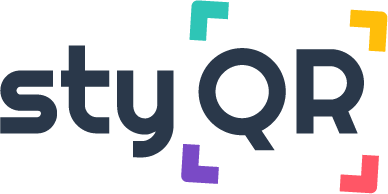AI is the set of computer systems capable of performing tasks that usually require human intelligence, such as visual perception, speech recognition and translation. According to a 2017 McKinsey Global Institute report, in the hotel industry, 50% of tasks will be automated by 2055. Digital is therefore becoming increasingly present, enabling hoteliers to get to know their customers better and target what’s important to them.

A marketing
strategy
In order to personalize and improve interactions with their customers, many companies have opted for this type of marketing.
In the wake of the ” machine learning” phenomenon, data collection and processing are evolving in line with the development of algorithms and applications in the digital tourism sector.
Content customization and specific recommendations are offered.

revisited
services
Several services will be modernized and become faster and more efficient thanks to AI. Personalized recommendations for activities in the vicinity of their hotel will be made based on the traveler’s ID, and virtual reality already makes it possible to take an immersive tour of the hotel. What’s more, there’ s no need to waste time changing prices, aspricing will be adjusted in real time. Finally, applications facilitating social interaction within the hotel, as well as robotized room service, will soon make their appearance.

Check-in, Check-out
and E-Welcome
Generating more profit to deliver a better customer experience, E-Welcome makes it possible to anticipate customer needs and offer internal or external services. This creates a special relationship between the hotel and its prospects.
E-welcome is also present through the digitalization of the welcome booklet. When you create your StyQR digital welcome booklet, you’ll be issued a QR code that your customers can scan to access all the information they need for their stay (wifi code, digicodes, correct address, etc.).
In addition, tasks such as check-in are being digitized. Facial recognition applications are being developed to simplify hotel check-in. Last but not least, the smartphone makes customer relations much easier, since it can be used as an alternative means of payment, or even as an electronic key.

A trend
toward robotization
In Japan, you’ll find Aico Chihira, the region’s best-known hotel robot, and in Silicon Valley, A.L.O., the robot butler. In fact, the digital and technological era is turning the hotel industry upside down, with a huge increase in the number of robots.
In fact, over 80% of hotel staff find that the robot helps them in their work and makes them more efficient. At the Hilton McLean in Virginia, Connie is a robot concierge who interacts with guests.
An initiative that could delegate tasks such as receiving or transporting suitcases… to machines.

end to end
innovation
In short, algorithms will be used to tailor personalized offers to customers’ precise needs. Whether it’s in relation to hotel search using voice assistants, the reservation system, but also, platforms using chatbots, live chat and other instant messaging enabling live, time-saving communication. Tariffs are also optimized thanks to seasonal analyses.






